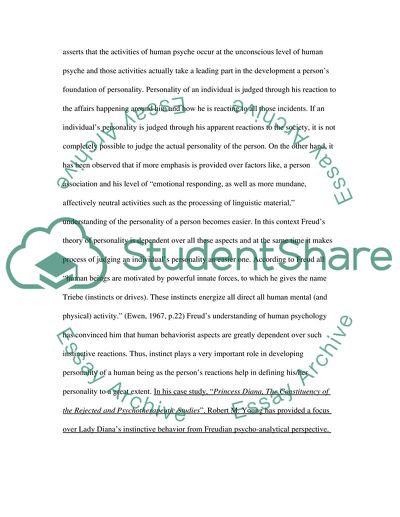Cite this document
(“Freuds Theory of Personality Research Paper Example | Topics and Well Written Essays - 3500 words”, n.d.)
Freuds Theory of Personality Research Paper Example | Topics and Well Written Essays - 3500 words. Retrieved from https://studentshare.org/psychology/1722259-freuds-theory-of-personality
Freuds Theory of Personality Research Paper Example | Topics and Well Written Essays - 3500 words. Retrieved from https://studentshare.org/psychology/1722259-freuds-theory-of-personality
(Freuds Theory of Personality Research Paper Example | Topics and Well Written Essays - 3500 Words)
Freuds Theory of Personality Research Paper Example | Topics and Well Written Essays - 3500 Words. https://studentshare.org/psychology/1722259-freuds-theory-of-personality.
Freuds Theory of Personality Research Paper Example | Topics and Well Written Essays - 3500 Words. https://studentshare.org/psychology/1722259-freuds-theory-of-personality.
“Freuds Theory of Personality Research Paper Example | Topics and Well Written Essays - 3500 Words”, n.d. https://studentshare.org/psychology/1722259-freuds-theory-of-personality.


